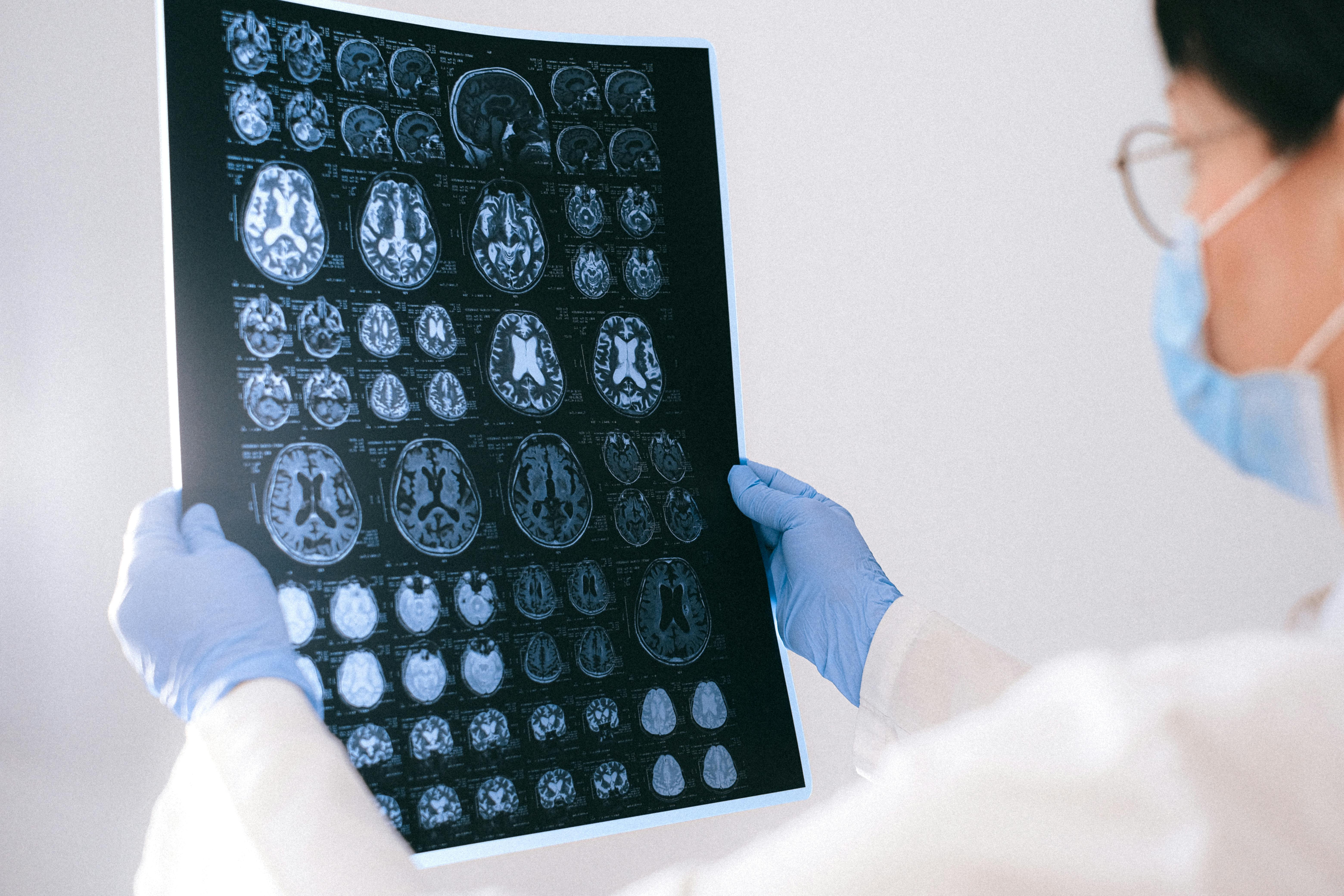By: The Alzheimer’s Association
This June during Alzheimer’s & Brain Awareness Month, the Alzheimer’s Association® is encouraging all Americans to take charge of their brain health.
Today, there are nearly 7 million Americans living with Alzheimer’s. The lifetime risk for the disease at age 45 is 1 in 5 for women and 1 in 10 for men. The brain changes that cause Alzheimer’s are thought to begin 20 years or more before symptoms start, which suggests that there may be a substantial window of time in which we can intervene in the progression of the disease.
Experts believe there isn’t a single cause of Alzheimer’s. It’s likely the disease develops as a result of multiple factors, such as genetics, lifestyle and environment. While not a direct cause of Alzheimer’s, the greatest known risk factor is advancing age. Although some risk factors like age cannot be changed, others — including physical activity, smoking, education, social and mental activity, blood pressure and diet — may be modified to reduce a person’s risk.
The Lancet Commission on dementia prevention, intervention and care suggest that addressing modifiable risk factors might prevent or delay up to 40% of dementia cases. Based on mounting scientific evidence, the Alzheimer’s Association has outlined 10 healthy habits that can help you take control of your brain health. These habits include challenging your mind, staying in school, getting moving, protecting your head, being smoke-free, controlling your blood pressure, managing diabetes, eating right, maintaining a healthy weight, and staying off screens before bed. These habits are simple everyday actions that can reduce the risk of cognitive decline and dementia.
Be Proactive in Addressing Brain Changes
The Alzheimer’s Association provides a comprehensive list of 10 early warning signs and symptoms of Alzheimer’s and related dementias. These signs can include memory loss that disrupts daily life, challenges in planning or solving problems, difficulty completing familiar tasks, confusion with time or place, trouble understanding visual images and spatial relationships, new problems with words in speaking or writing, misplacing things and not being able to retrace steps, decreased or poor judgment, and withdrawal from work or social activities. It’s important to note that individuals may experience these signs in varying degrees, and not all individuals will experience every sign. If you or someone you know is experiencing these signs, it is crucial to seek medical evaluation.
Early detection and diagnosis of Alzheimer’s and other dementia offers the best opportunity for care, management and treatment. It also provides diagnosed individuals more time to plan for the future, adopt lifestyle changes that may help slow disease progression, participate in clinical trials and to live with a higher quality of life, for as long as possible.
There are now treatments that may slow disease progression for people in the early stage of Alzheimer’s, making a timely diagnosis critically important. If you or a family is experiencing memory or thinking problems, it is important to get it checked. Talk to your doctor so you can make an informed decision on available treatments to determine if they are right for you.
Join the Fight to End Alzheimer’s
During Alzheimer’s & Brain Awareness Month, the Alzheimer’s Association invites everyone to join in the fight to end Alzheimer’s and all other dementia. Here’s what you can do:
• Adopt the 10 Healthy Habits: It is never too early or too late to start taking positive actions for your brain.
Visit alz.org/healthyhabits to learn more!
• Go purple: On June 1 and throughout the month, go purple — the color of the Alzheimer’s movement — to raise awareness of the disease. Dress in purple and share your story on social media using the hashtag #ENDALZ.
• Join the fight: Advance the care, support and research efforts of the Alzheimer’s Association by participating in our signature fundraising events — Walk to End Alzheimer’s®, The Longest Day® and Ride to End ALZ®. Visit alz.org/fundraisingevents.
• Volunteer: As an Alzheimer’s Association volunteer, you can help people in your community take steps to reduce their dementia risk and recognize the signs of Alzheimer’s. Visit alz.org/volunteer.
• Advocate: Urge lawmakers to pass the bipartisan BOLD Reauthorization Act, to continue strengthening the dementia public health infrastructure in communities nationwide. Visit alzimpact.org/BOLD_Reauthorization.
• Accelerate research: Alzheimer’s Association TrialMatch® is a free, easy-to-use service that connects individuals living with Alzheimer’s, caregivers and healthy volunteers to clinical trials that may advance Alzheimer’s research. Visit alz.org/trialmatch.
• Donate: Empower people at every age and stage of life to take charge of their brain health — support the Alzheimer’s Association! Visit alz.org/donate.

